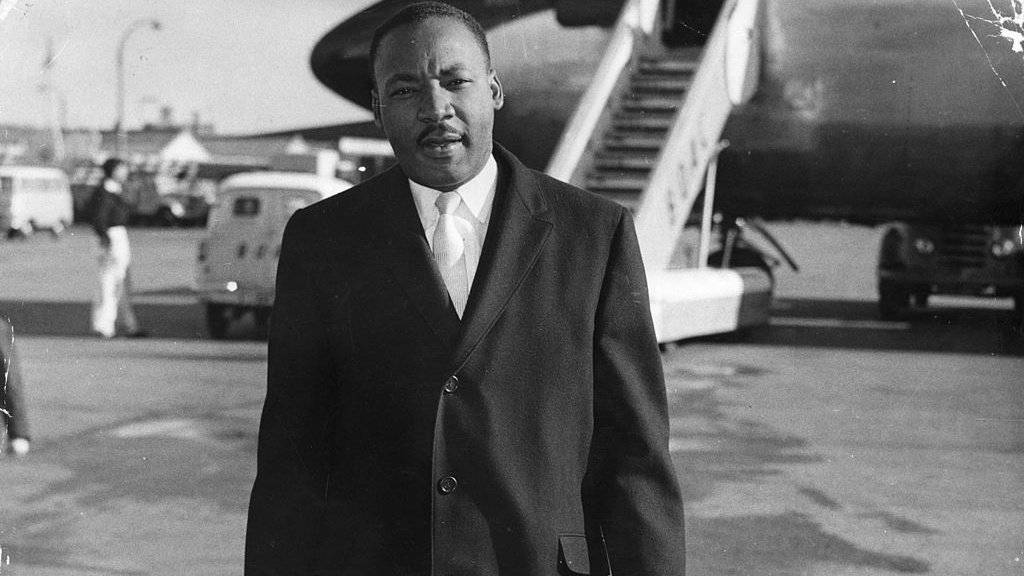Martin Luther King Jr. was arrested nearly 30 times throughout his lifetime, and a record of his arrests in one county might be expunged.
Fulton County Solicitor General Keith Gammage announced, on the eve of the anniversary of King’s assassination, that he intends to clear the activist's arrest record in the county, reports the Atlanta Journal-Constitution.
This expungement would include the civil rights leader’s October 19, 1960, arrest following his participation in a sit-in at Rich’s department store in downtown Atlanta.
"I always had in my mind, what effect would it have if we expunged the record for arrests of Martin Luther King Jr. and the other civil rights protestors and called those arrests what they were — unconstitutional and biased arrests?" Gammage said. "There is a gap between social justice-related protests and activism and a true criminal offense. And what the protesters and activists were fighting for remains a barrier for other citizens today."
King’s biographer Clayborne Carson said unlike some of King’s fellow civil rights activists, the minister “didn’t like to be arrested.”
“Even the Rich’s arrest. I don’t sense that he meant to get arrested when he came to Rich’s that day,” Carson said.
Gammage has been focused on expunging records since he was elected in 2016. Since 2017, he has cleared the records of more than 3,000 people with nonviolent and low-level charges.
The prosecutor said he would possibly cancel the records of every civil rights worker who was arrested in Atlanta, but some are not interested.
Bernard LaFayette, who was arrested in 1961 after protesting desegregation rules at a bus stop, said he would not want his record erased, reports the Philadelphia Tribune.
“That is part of my history as a civil rights worker," said LaFayette. "Our arrests were for challenging the segregation system. That was necessary in order to change the conditions."
Carson said he would support annulling the records of those "suffering the long-term consequences for short term behavior."
"I like in general misdemeanor being expunged from the record. It is really a good idea to do that in a massive way," he said. "When you do the time, you pay your debt, that should be the end. Unfortunately, it's not."
While Carson supports clearing some records, he is still unsure about his own.
"It is a badge of honor and it doesn't change the historical reality that you were arrested," he said.
While Gammage’s decision only affects Fulton County arrests, he urges others to take his lead.
"I would be a proponent of starting the conversation in Fulton and encouraging others to do the same," he said.
Gammage said he would not clear King’s record unless his family was in full support.
"This could be a clarion call for other people that they could have their records cleaned and cleared and have a second chance at the American dream," Gammage said.
